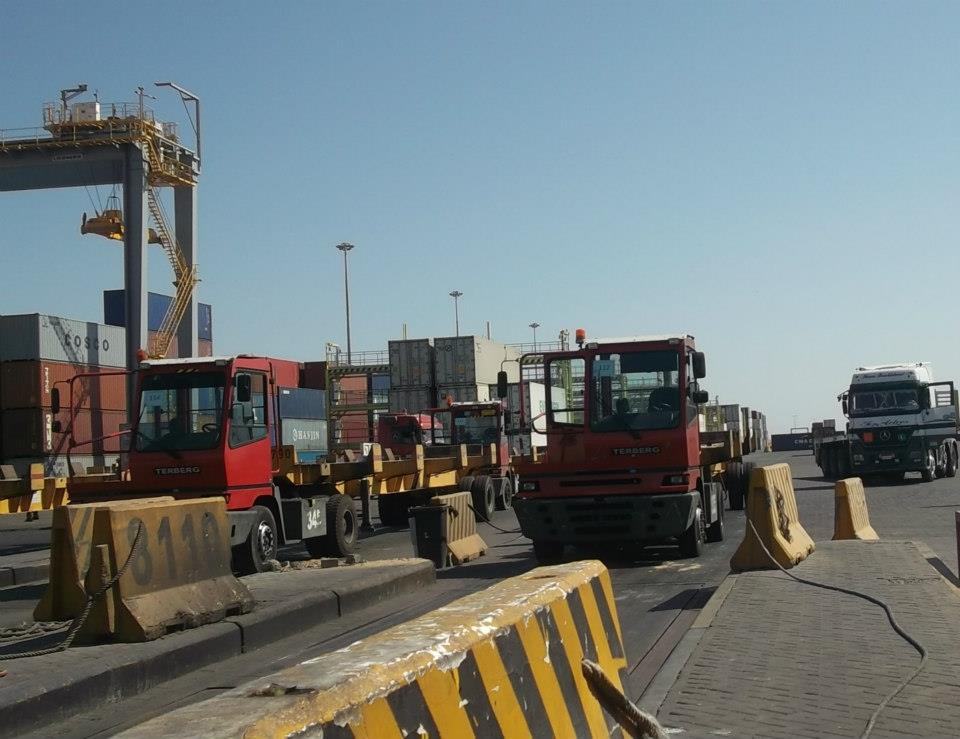The deployment of a beefed-up United Nations force in Lebanon to bolster the cease-fire led Italian Minister of Foreign Affairs Massimo d’Alema to suggest in late August that a similar deployment be made in the Gaza Strip. Days later, Karen AbuZayd, the commissioner general for the UN Relief and Works Agency, UNRWA, said “it would be great to have an international presence, civilian, military, whatever in Gaza. At first, the idea of an international force might seem very positive to Palestinians. It would mean a deep UN involvement in occupied Palestinian territory, ensuring both the protection of the Palestinians and the fact that UN resolutions would be brought to bear on negotiations with Israel instead of American-Israeli diktats based on power politics. An UN presence is something Israel, since June 1967, has always been very careful to avoid, considering, as it does, the West Bank and the Gaza Strip as being under the Israeli sphere of influence. The Oslo accord came without UN involvement. The only significant exception has been UNRWA, which was already in the West Bank and Gaza before 1967 and which has at times provided a certain protection for Palestinians against Israel’s freedom of action during the occupation. But any international deployment would raise a host of questions. The most immediate is, where would this deployment be effected: on the border between the Palestinian areas and Israel or inside Palestinian territory? If the deployment were inside Palestinian territory, what nature would that force have? Would it place the Palestinian people and the Palestinian Authority under UN supervision in the form of a kind of protectorate? That would go in the exact opposite direction of the Palestinian aim of independence, and therefore be wholly unacceptable to the Palestinian project. If the force is on the border, then which border? If on the pre-June 5, 1967 borders it clearly would be unacceptable to Israel for the time being. If elsewhere, following for example the line of the wall Israel is building in the West Bank, or around Areas A or B, it would carry with it an implicit recognition by Palestinians of a new border, which the presence of a UN force might help consolidate. The question of the border leads to another regarding the relationship between the Gaza Strip and the West Bank. Those who have talked about an international force have talked about it in the context of Gaza and not the West Bank. Since Israel redeployed its troops from inside the Gaza Strip, and in the wake of the past several months of fighting there, the idea would seem to be that an international force could grant security to Israel and some measure of protection to Palestinians in Gaza. But, according to Oslo and international law, the West Bank and Gaza are considered one territorial unit. An international force deployed only in Gaza would as a consequence change the legal status of Gaza vis-a-vis the West Bank, whether that force is deployed inside Gaza or on the border with Israel. This is not just a legal peculiarity. It would have real and practical consequences. The status of Gazans or people crossing into Gaza, as per the customs envelope agreed in the Oslo agreement (and confirmed late last year), for example, would then be different from West Bankers and those crossing into the West Bank. The status of the Palestinian Authority would be different in the two places. In effect, it would lead to a de facto division of what is supposed to be Palestine into two entities with separate legal statuses. In the context of creating a single Palestinian state, that is unacceptable. The idea of an international force is hugely complex. Indeed, any deployment of such a force cannot come in the present climate. It is simply not enough to contemplate such a dramatic move if it is seen only in the context of security. And since the idea has come about as a result of the security situation in and around Gaza, that is precisely why it is being contemplated. The closing of the Rafah crossing between Gaza and Egypt each time the Israelis have requested it (and now almost without interruption for the last four months) and in spite of the agreed European presence, demonstrate that any agreement based only on often non-verifiable Israeli security considerations remains precarious. Any deployment of an international force would in fact be largely impossible in the absence of political negotiations and binding arbitration by a neutral third party once an agreement is attained. While an international force may bring something positive to both Israelis and Palestinians in terms of guaranteeing both peoples’ security, it can only work if effected in a much broader framework, one that only exists in the context of political negotiations.
Camille Mansour is a professor of international relations at the Paris and Versailles universities. Since September 2004, he has worked as United Nations Development Program technical assistant on Palestinian judicial reform. This commentary first appeared at bitterlemons.org, an online newsletter.



